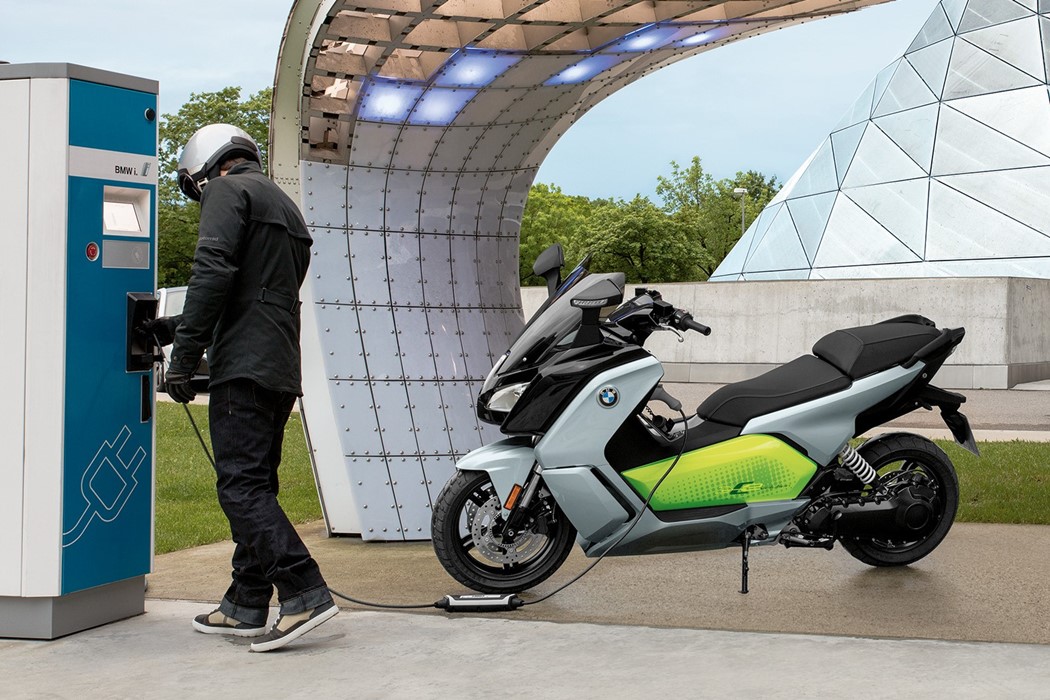The EU has approved a new law that will require fast charging points for electric vehicles (EVs) every 60 km on highways, with a new regulation on hydrogen refueling also included.
EU countries will have until the end of 2025 to comply with the new regulation, which aims to improve the infrastructure to support electric vehicles, which, as we know, currently have limited range.
Obviously, the idea of the new law is to promote the use of electric vehicles, trying to eliminate – or at least reduce – the effect of the main difficulty of electric motorcycles and cars, which is range.
According to the World Economic Forum, the law will require the existence of fast charging stations every 60 km on highways that are part of the trans-European transport network (TEN-T). To comply with the “fast charging” part of the law, stations must have a total power of 600 kW and have at least one charger with a power of 150 kW.
The new law is also part of the EU’s “Fit for 55” initiative, which aims to reduce carbon emissions in the European Union by 55% by 2030. Since transportation accounts for 25% of emissions in the EU, it makes sense for them to be targeted for reductions.
In addition to the regulations regarding charging stations, the EU will also seek to increase the number of hydrogen refueling stations by 2030, when it aims to have a hydrogen station every 200 km, which will be an incentive for brands like Kawasaki, which has been explicit about its own hydrogen plans







